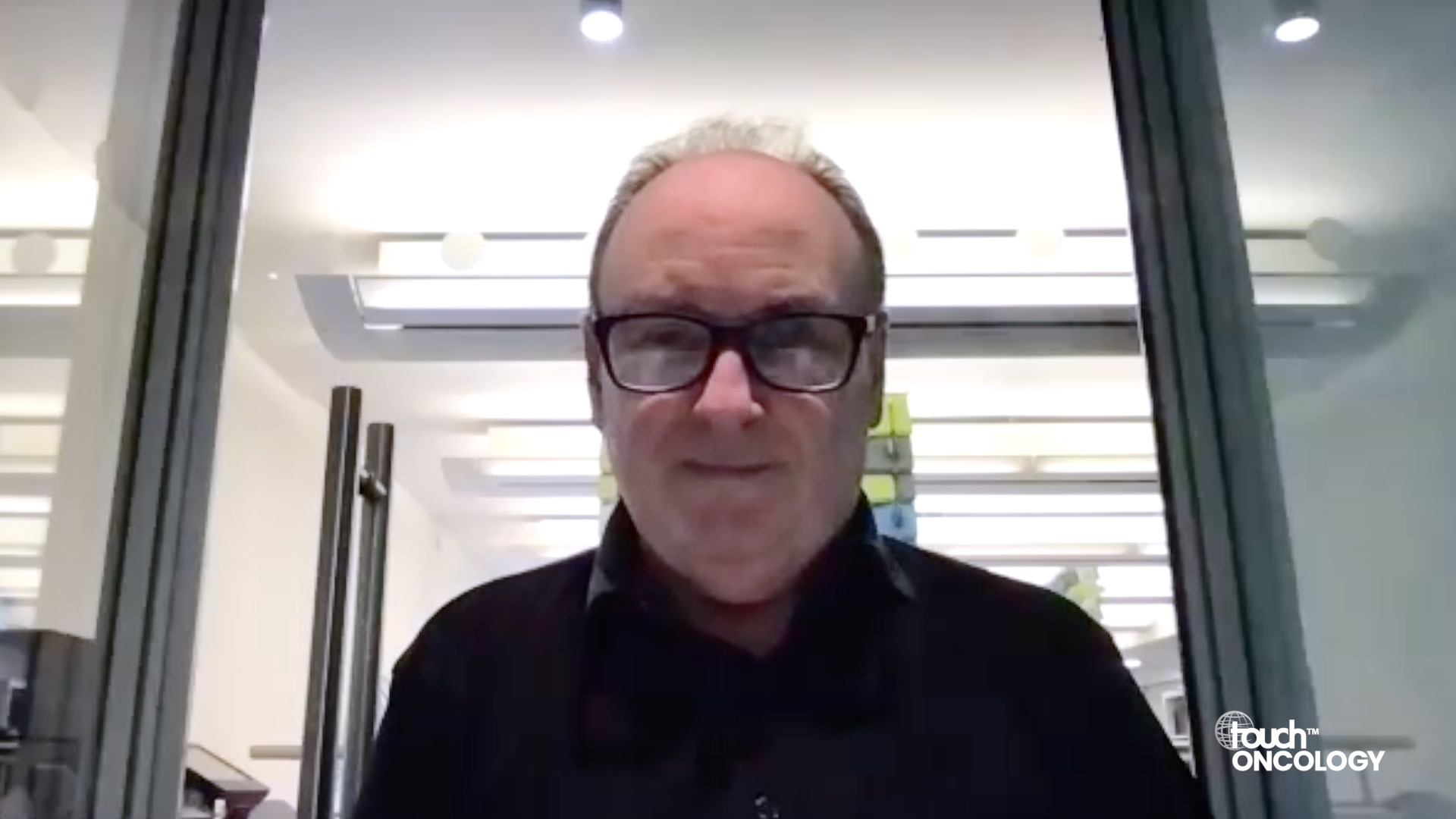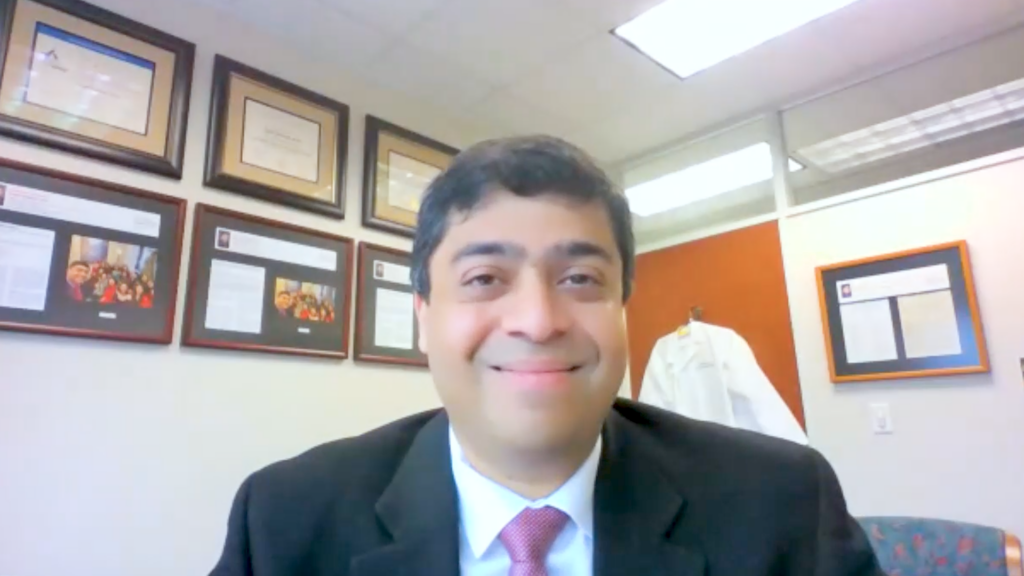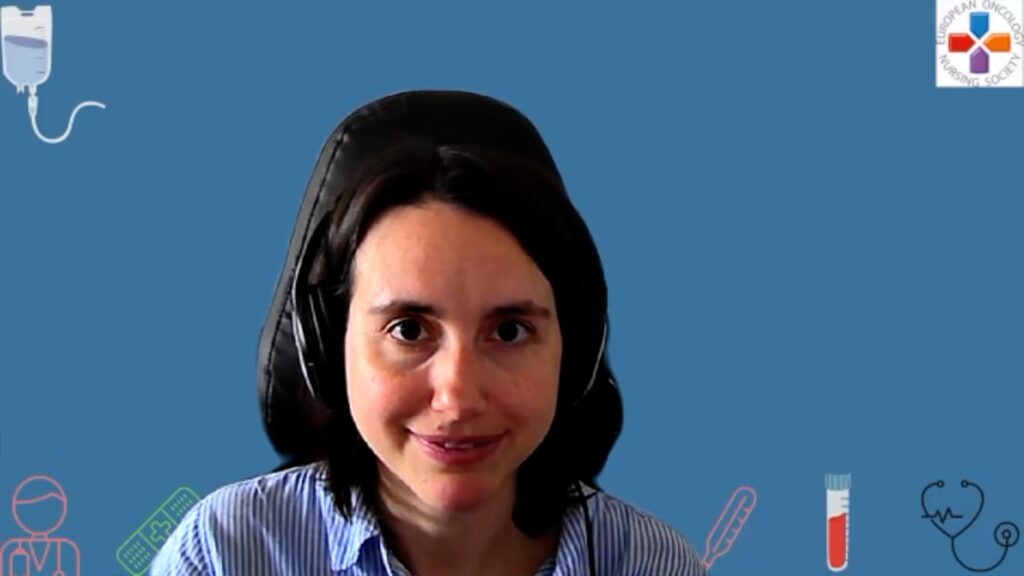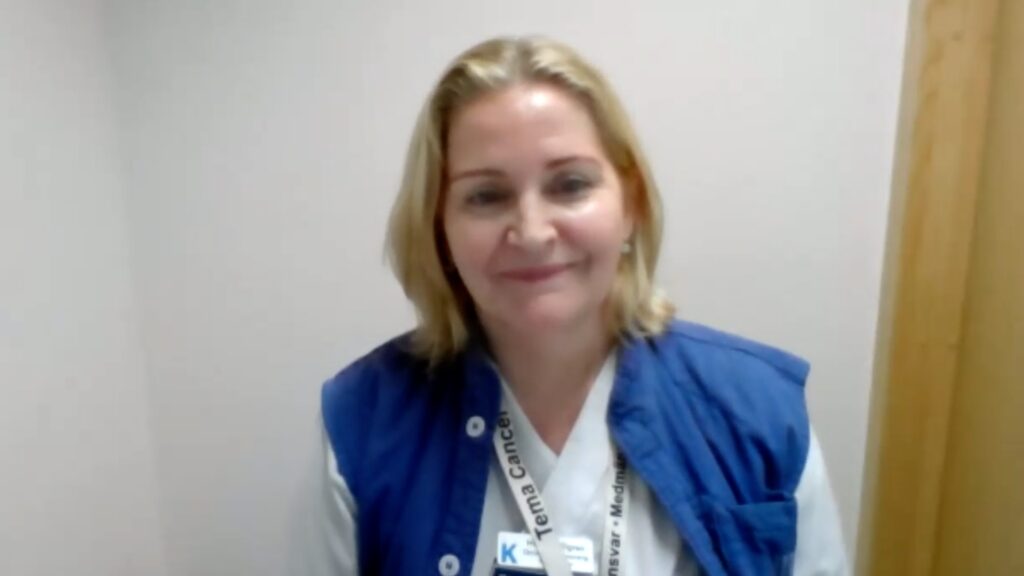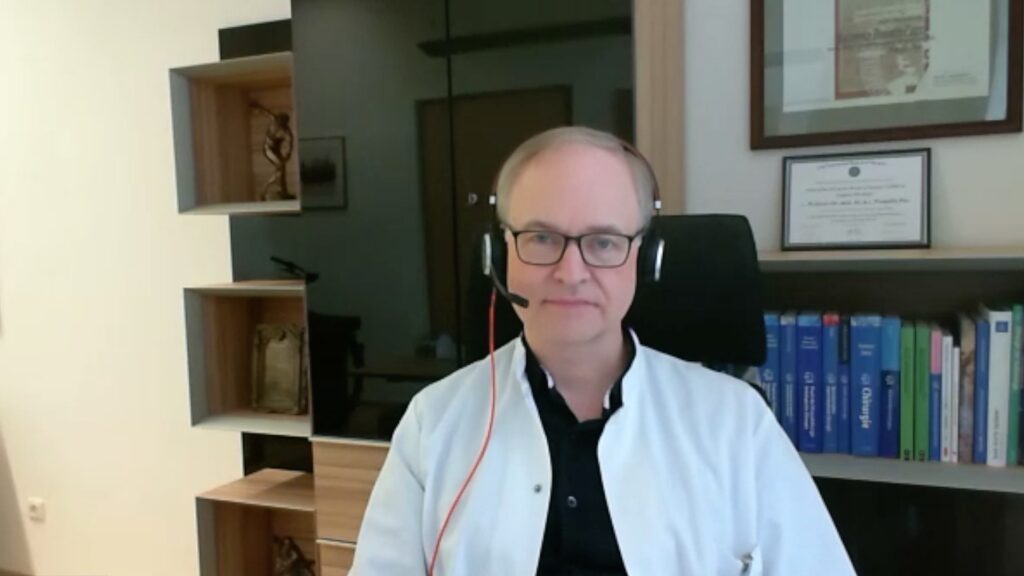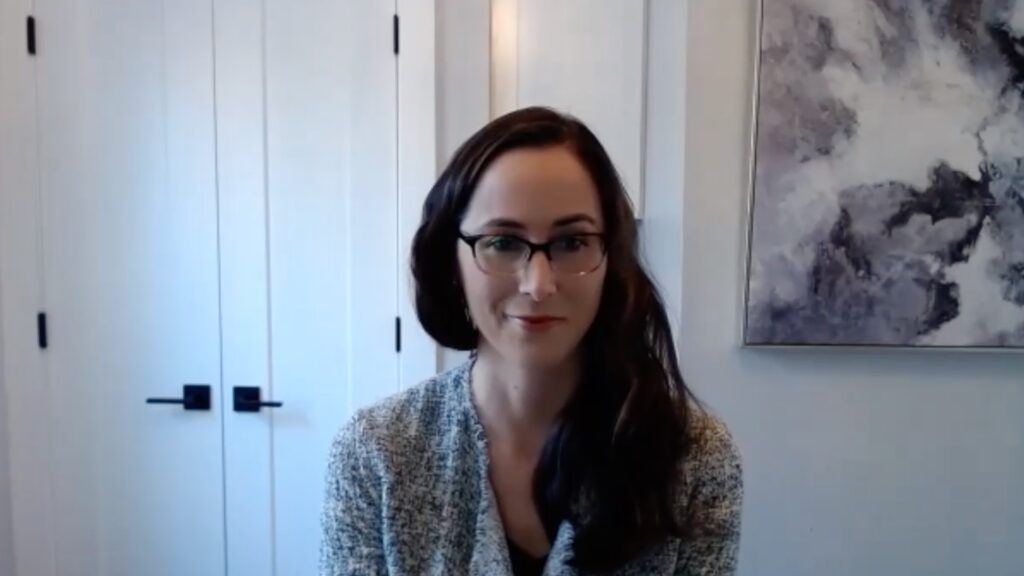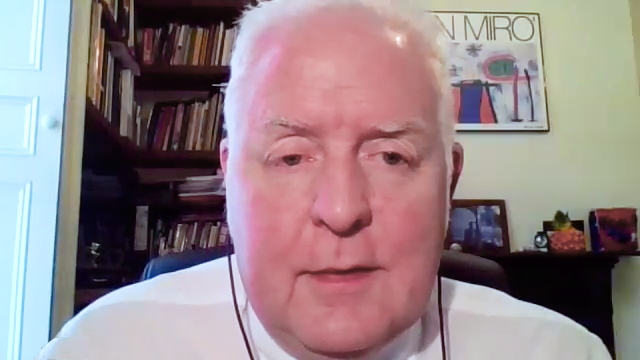The European Society of Surgical Oncology (ESSO), along with other cancer-related European societies, supported the proposal for cross-multidisciplinary training in oncology at the EU level. It was a pleasure to talk with Prof. Pompiliu Piso (Hospital Barmherzige Brueder, Regensburg, Germany) to discuss how cross-multidisciplinary training would affect cancer care in Europe and the other initiatives ESSO are working towards in 2023.
Questions
- What is the ESSO policy on cross-multidisciplinary training in oncology at the EU level and how will this impact cancer care? (0:27)
- What other initiatives are ESSO working towards in 2023? (2:13)
Disclosures: Pompiliu Piso has nothing to disclose in relation to this video interview.
Support: Interview and filming supported by Touch Medical Media Ltd.
For more information from ESSO visit the website here and for part 1 visit here.
View ESSO’s statement on the implementation of the EBCP here.
Transcript
What is the ESSO policy on cross-multidisciplinary training in oncology at the EU level and how will this impact cancer care? (0:27)
We think this is a very important project because it’s one of the first calls that has been released within the Europe Beating Cancer Plan. It’s a project lasting about 18 months and is financed by EU4Health, one of the programs. Together with Horizon Europe they are financing with four billion that’s for the whole Europe Beating Cancer Plan. This project in inter-specialty training is aiming to train not only inter-specialty, which means medical oncology, surgical oncology and radiation oncologist, but also inter-professional because oncology nurses are also on board. So, we are looking for training that they’re going to do all together. We are looking for the already existing programs, how we can harmonize them and establish a new curriculum based also on innovative technologies. We are looking for the needs of possible participants, so were doing a needs assessment right now, actually, it’s ongoing until the end of this first phase, until November 2023. And the ECO is coordinating all this together with 33 other partners from 17 countries. And one of the leaders is also the European Society of Surgical Oncology, particularly in this work package WP2, with others as well focused on the development of the curriculum for the interspecialty training.
What other initiatives are ESSO working towards in 2023? (2:13)
I mentioned the Article 65 from the Europe Beating Cancer Plan, including all our proposals and introducing specialization in surgical oncology is just one of them. So, we still have the research and centres that have to be accredited, the guidelines, the innovation, the research, and also the focus on the quality of life of cancer patients. These are the things we would like to discuss this year. These are parts of the strategic plan of our society. And it’s going to occupy us during the whole year during our congress in Florence later, where we have a nice motto, maximizing benefits of surgery in cancer treatment. We have courses, webinars, and we try to intensify the cooperation not only with the national societies, but also with the so-called organ societies, which are all dealing with cancer. Try to unify these efforts and to concentrate on raising the awareness generally, and particularly within the medical professionals regarding surgical oncology. So, I think we may achieve some of them this year, some maybe in the next one or two years. But I think it’s a very important effort that we are very highly motivated for our patients, of course, but also for our oncoming generations, which will grow up in another culture, I hope.
Subtitles and transcript are autogenerated


